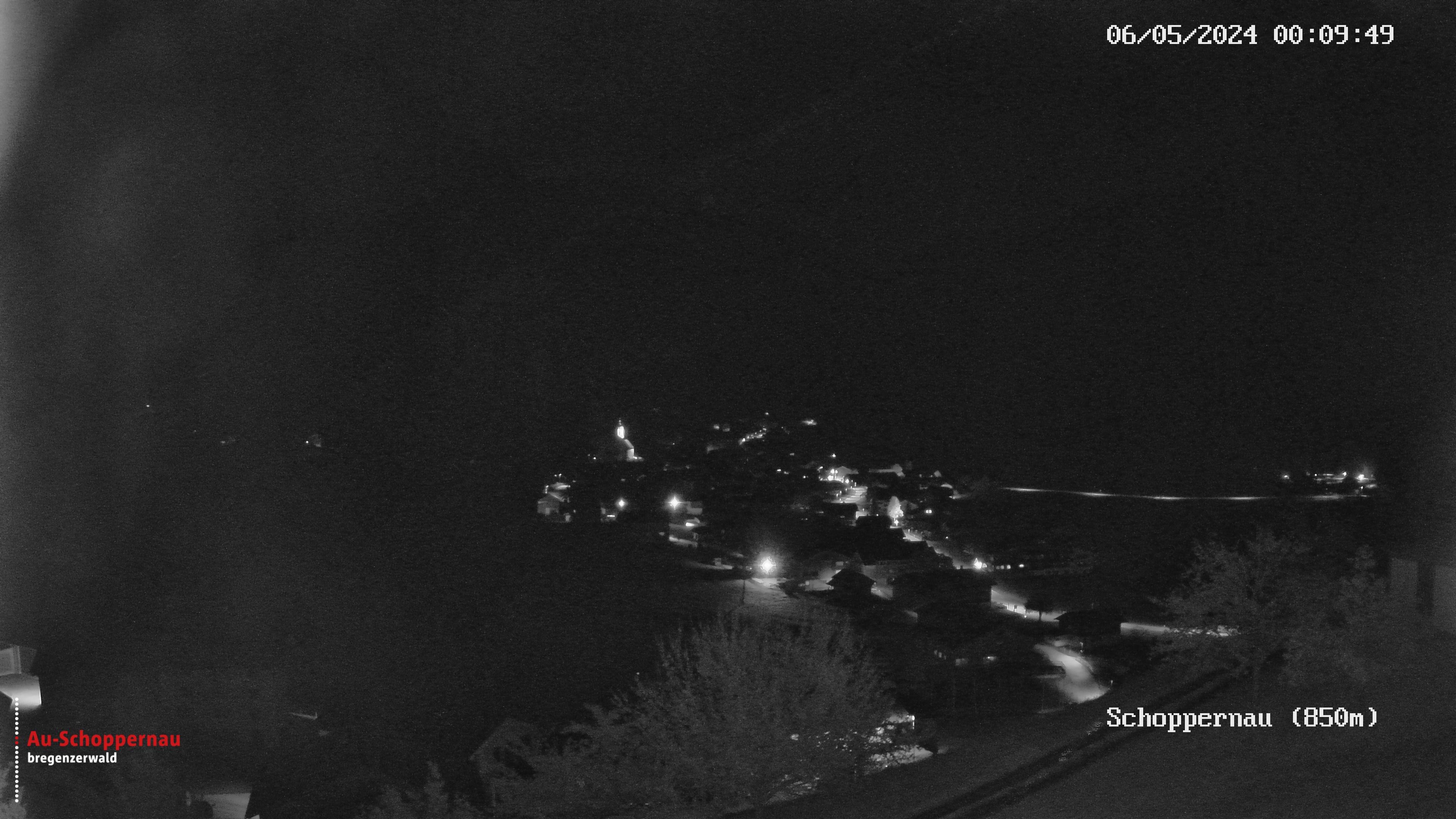I’m not one of those people who have always dreamed about hiking the Way of St James. In fact, I think obsessing about cumulative elevation gain is absurd. Nevertheless, there I find myself buying hiking boots, expensive socks, a stupid hat. I pack my suitcase with pleasure, however, secure in the knowledge that I don’t have to carry it.Somewhere along the way, maybe I’ll finally get around to reading “The Invention of Nature: The Adventures of Alexander von Humboldt, the Lost Hero of Science: Costa & Royal Society Prize Winner.”
Day 1: Wheezing for breath I come face to face with highland cattle
One morning in July, I find myself longing for Humboldt’s cyanometer to effectively measure the actual blueness of the sky. I feel a bit like Hape Kerkeling, the German entertainer who was intent on getting to the bottom of history’s most colourful stories. While on the bus I meet a friend of mine, she’s headed to the fitness centre to do some back training. In just seven weeks she was meant to be pain free. That was one year ago. Hiking? That would be impossible for her. Aren’t I lucky I muse to myself with a measure of self irony. I’m pain free, at least for the moment that is. To get where I’m going, I have to change buses twice. The bus driver has been working since 5 am and his shift lasts 15 hours. Afterwards, he has to clean his bus, inside and out until it’s spotless.
My journey begins in Sulzberg. I received precise directions from the tourism office: a piece of paper, which embodies my offline holiday in its entirety with all systems in shut down mode. Since March, I’ve held 116 lectures. After a few metres I remove my mobile phone from my backpack, holding on a little too tightly, I take a few last photos, check my emails; actually I’d be delighted to listen to an audio book about now… This damn device! And yet the panorama couldn’t be more tacky (my instinct is to take a photo). Meanwhile, a young lady in flip-flops pushes her pram up the mountain and below me in the valley the Käse-Rebellen milk tanker is making its rounds at the farms. Otherwise, I notice that there is no one here. The air smells like hay and cow dung. Good lord, what have I have I gotten myself into?










